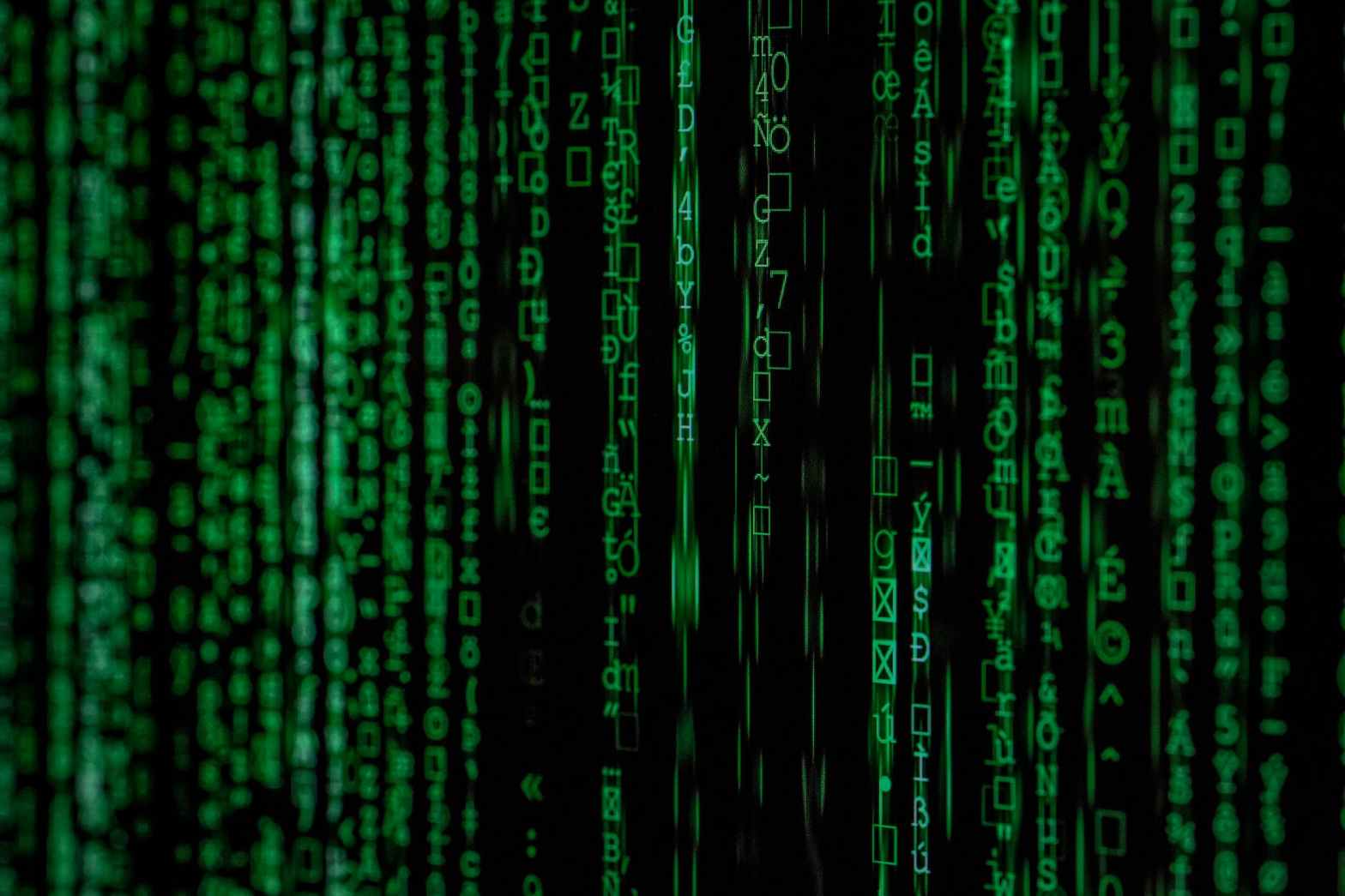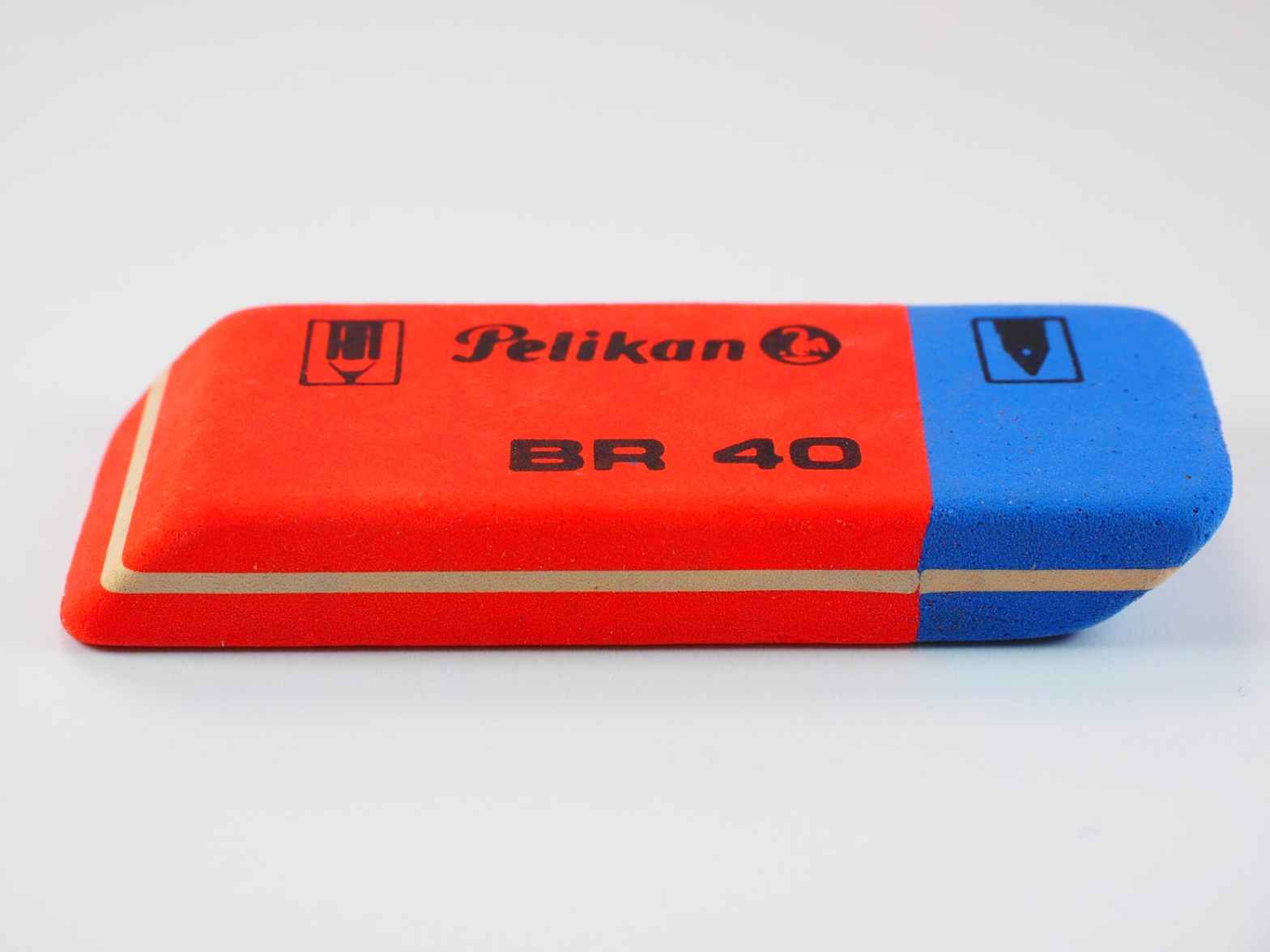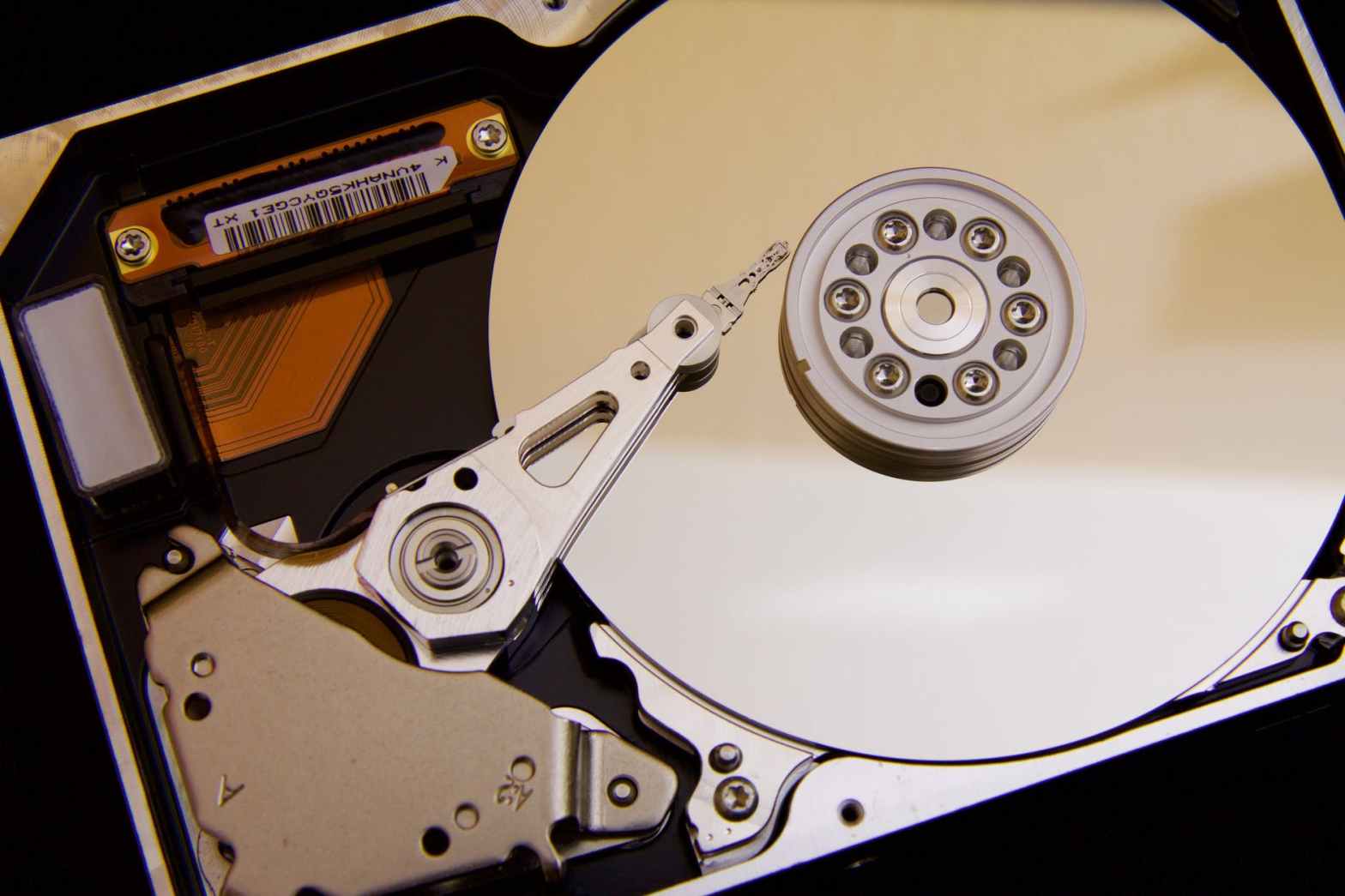After all the work done in the previous posts, we are now ready to actually implement Shor’s factoring algorithm on a real quantum computer, using once more IBMs Q Experience and the Qiskit framework. First, recall that Shor’s algorithm is designed to factor an integer M, with the restriction that M is supposed to be…More
Quantum phase estimation – the quantum algorithm Swiss army knife
When you are faced with a problem in linear algebra and have absolutely no idea what to do, an eigenvalue decomposition is the one thing that you would typically try first. In the world of quantum algorithms, the situation is similar – finding the eigenvalues of a matrix is a central building block of many…More
Implementing the quantum Fourier transform with Qiskit
The quantum Fourier transform is a key building block of many quantum algorithms, from Shor’s factoring algorithm over matrix inversion to quantum phase estimation and simulations. Time to see how this can be implemented with Qiskit. Recall that the quantum Fourier transform (or, depending on conventions, its inverse) is given by where is an 2n-th…More
Running the Deutsch-Jozsa algorithm on IBMs Q experience
In one of the previous posts, we have looked at the basics of the Qiskit package that allows us to create and run quantum algorithms in Python. In this post, we will apply this to model and execute a real quantum algorithm – the Deutsch-Jozsa algorithm. Recall that the Deutsch-Jozsa algorithm is designed to solve…More
Quantum error correction with stabilizer codes
In our previous discussion of quantum error correction, we have assumed that quantum gates can act on any two physical qubits. In reality, however, this is not true – only nearby qubits and interact, and our error correction needs to take the geometric arrangements of the qubits into account. The link between these geometric constraints…More
Fault tolerant quantum computing
In the previous post, we have looked at the basic ideas behind quantum error correction, namely the encoding of logical states so that we are able to detect and correct errors like bit flip and phase flip errors. Unfortunately, this is not yet good enough to implement quantum computing in a fault-tolerant way. What is…More
Basics of quantum error correction
Do usable universal quantum computers exist today? If you follow the recent press releases, you might believe that the answer is “yes”, with IBM announcing a 50 qubit quantum computer and Google promoting its Bristlecone architecture with up to 72 qubits. Unfortunately, the world is more complicated than this – time to demystify the hype…More
Using Python to access IBMs quantum computers
In a previous post, we have looked at IBMs Q experience and the graphical composer that you can use to build simple circuits and run them on the IBM hardware. Alternatively, the quantum hardware can be addressed using an API and a Python library called Qiskit which we investigate in this post. Installation and setup…More
Accessing your hard drive – the OS developers moment of truth
When building your own operating system, the moment when you first write data to a real physical hard disk of a real PC is nothing less than thrilling – after all, making a mistake at this point could mean that you happily overwrite data on your hard drive randomly and wipe out important data on…More
Quantum simulation
In his famous lecture Simulating Physics with computers, Nobel laureate Richard Feynman argued that non-trivial quantum systems cannot efficiently be simulated on a classical computer, but on a quantum computer – a claim which is widely considered to be one of the cornerstones in the development of quantum computing. Time to ask whether a universal…More









